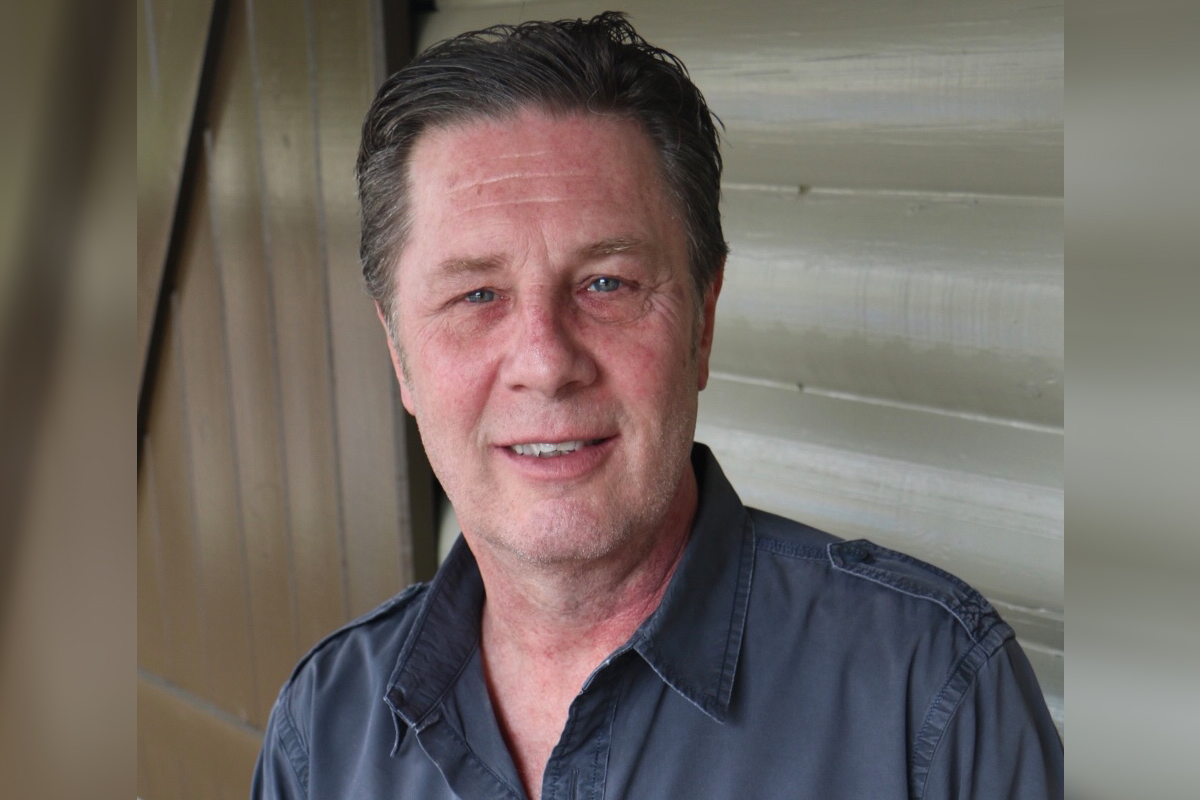

NSAI Executive Director Bart Herbison
President Trump’s official signing of the Hatch-Goodlatte Music Modernization Act (MMA) into law Thursday morning (Oct. 11) was what Nashville Songwriters Association International (NSAI) Executive Director Bart Herbison calls “the most important songwriter legislation, certainly in the modern digital delivery era of music.”
With the MMA now officially law, work begins on the two-year process of forming the 14-seat Music Licensing Collective (MLC), which will officially begin its work on Jan. 1, 2021.
“It will be a while before the tools in the bill affect any increases in songwriter streaming royalties,” Herbison tells MusicRow Magazine.
The MLC will include four self-published songwriters with statutory seats. The remaining 10 seats will belong to publishers, though Herbison notes that several of the top publishers in Nashville are either wholly-owned or joint venture companies owned by songwriters.
NSAI, along with ASCAP, BMI, SONA, and the Songwriters Guild of America, have already begun the process that will accept nominations for songwriter board positions on the Music Licensing Committee, as well as songwriters on both dispute resolutions and unclaimed works committees. Herbison expects those board appointments will be made by early 2019.
“Anybody can submit names and everybody who meets the criteria outlined in the bill will be eligible,” Herbison says. “The committee is still finalizing the process of how those are chosen. As I understand it, the music publishers are also undertaking a similar process to choose those seats.
“The U.S. Copyright Office will acknowledge the Board in the governance structure of the MLC, so they have some oversight over that. After everybody is seated and the rules are set down, the copyright office will approve that. There are also things such as vendor selections, hiring staff, and locating the MLC. Then we get about the business of licensing millions of songs, and being able to administer the mechanical licenses by Jan. 1, 2021.”
Under the MMA, if a songwriter is signed to a publishing deal, mechanical royalties collected by the MLC will go to the publisher; the payment is recoupable, then it goes to the songwriter. The same holds if a songwriter previously had a publishing agreement, and the song titles being played by streaming services are still under the publisher contract.
“One of the beautiful parts of this bill, is we have lots of songwriters that are not under a publishing agreement and in that case the payment goes directly to the songwriters. A lot of indie songwriters and serious hobbyists that make some royalties, but not enough to be their main income, in the past just haven’t bothered with them. Now, once the MLC begins on Jan. 1, 2021, all you have to do is register with us.”
Streaming companies will be paying for the collection exercises and operation of the MLC, which Herbison says allows for revenues that go through the MLC to become “the first income stream where songwriters will receive 100 cents out of every dollar.”
As for license rate projections for ASCAP and BMI, Herbison says, “BMI is in a rate proceeding right now but it’s grandfathered so the MMA won’t impact that. The rate proceedings with BMI and ASCAP is staggered so the next rate proceeding that could fall under evidentiary changes on how performance royalties are set would be ASCAP’s in a few years. A couple of things can happen with this—they can negotiate with the services and see if they can determine rates. The services obviously would be much more willing to negotiate since there are more favorable rules, and there are also a different way the ASCAP judges are selected. We will see how that plays out, there will either be a negotiation or a rate court proceeding. In four years is the next CRB, on the mechanical licensing side. The same process will ensue—we either negotiate or we go through another copyright royalty board trial.”
Herbison notes that a recent CRB trial against the five top streaming services (Google, Apple, Amazon, Pandora and Spotify) earned the largest mechanical increase in history, at 44 percent.
The mechanical increases will begin in January 2019, with an 8.5 percent increase each year for the next five years.
“I’m told by many writers and publishers that this past statement period, they have seen a 20-35 percent increase in royalties already and I think that is related to the MMA, because I believe it is a combination of growth in streaming but I believe the streaming companies are also cleaning up their books and finding unclaimed money that’s been out there. I have writers tell me, ‘I’m being paid on titles—it may be small amounts—I’ve never been paid on before.’
“The 8.5 percent increase starts in January and that will happen for the next five years, then ASCAP is next in the queue, then the mechanicals,” Herbison says of the long-range timeline for increasing songwriter royalties. “So we will see some steady growth, along with the growth of streaming, for a long, long time.”

Category: Exclusive, Featured, Financial/Legal
About the Author
Jessica Nicholson serves as the Managing Editor for MusicRow magazine. Her previous music journalism experience includes work with Country Weekly magazine and Contemporary Christian Music (CCM) magazine. She holds a BBA degree in Music Business and Marketing from Belmont University. She welcomes your feedback at jnicholson@musicrow.com.View Author Profile


